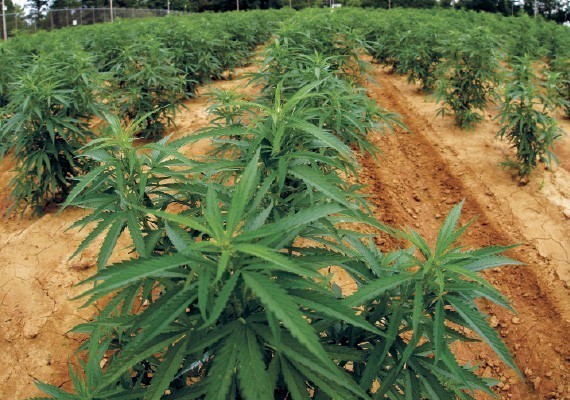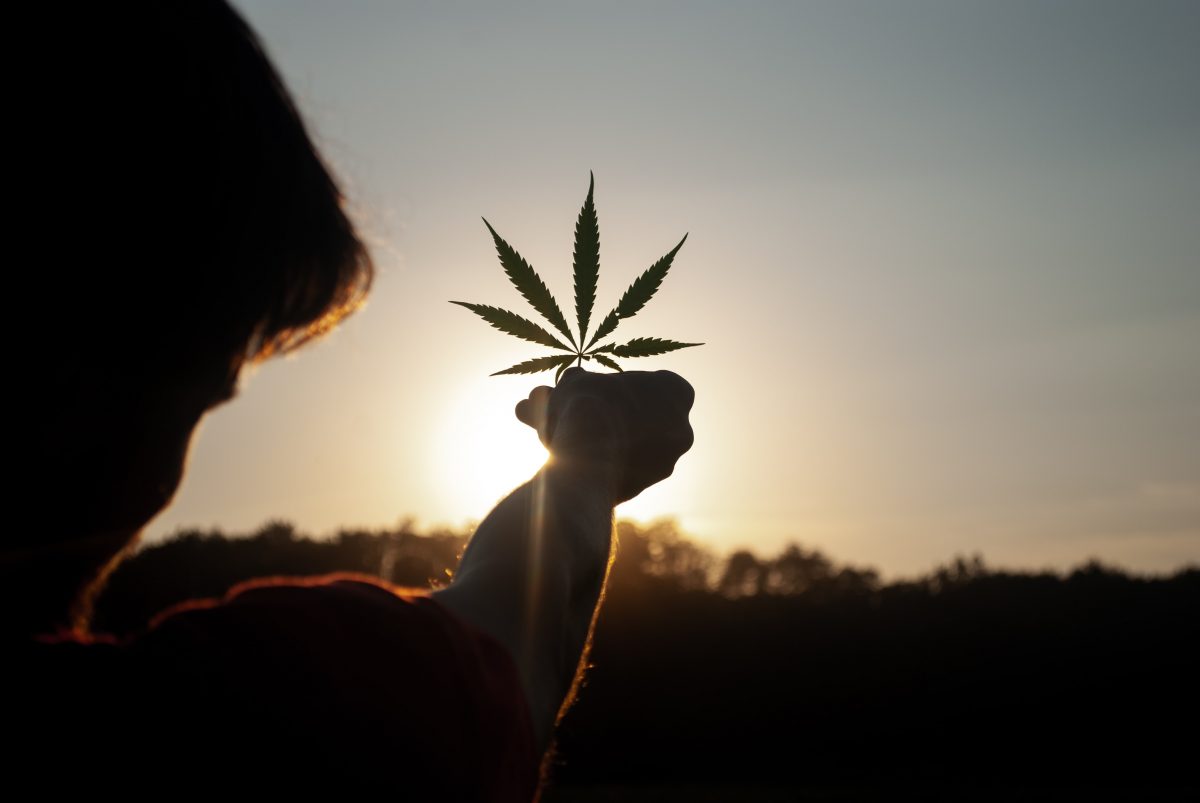Hemp fiber production is under review in Tennessee to see if it can be used in car manufacturing here and how the fiber fits in the state’s overall economy.
The Hemp Alliance of Tennessee (HAT) has partnered with the Tennessee Department of Agriculture (TDA) to fund the research to be conducted by the University of Tennessee. The study began in June and will continue until the end of the year.
“We are an agricultural state, and we are proud to be a hemp-producing state,” said TDA Commissioner Charlie Hatcher. “This plant has numerous applications, and we believe fiber has potential to grow Tennessee’s industrial economy.
“We are an agricultural state, and we are proud to be a hemp-producing state.”
Tennessee Department of Agriculture Commissioner Charlie Hatcher
The study will focus on creating a budget to grow hemp for Tennessee farmers. It will also look at transportation and supply chain logistics. The study will conclude whether or not Tennessee is suited for hemp fiber production.
“Our organization and its members are invested in realizing the potential of this plant, and our hope is that this study will prompt significant industry investment in Tennessee hemp and its diverse applications,” said Frederick Cawthon, president of HAT.
Tennessee was among the first states to create a hemp program under the 2014 Farm Bill allowing pilot programs for industrial hemp cultivation. State officials said hemp has been “recognized as a valuable crop to support Tennessee’s agricultural and industrial economy.”
In 2015, the state had 49 producers licensed to grow on 660 acres. In 2019, after the 2018 Farm Bill lifted the controlled substance designation of industrial hemp, the number of producers peaked at 3,957 licensed to grow on 51,000 acres. As of May 2022, there are now 1,041 producers of industrial hemp licensed to grow 5 on,682 acres. The shift in recent years illustrated the potential for scale and interest from the state’s farmers and cultivation experts.
“After the 2018 Farm Bill was passed, there was a gold rush of growers wanting to enter the emerging market for consumable hemp products,” said Cawthon. “Tennessee is capable of becoming a leader in this industry if we engage our innovators and the industries that can benefit from the plant – and our legislature continues to help make the right investments in the plant’s myriad applications.”
According to the USDA, the value of hemp production in the United States totaled $824 million in 2021. Industry analysts estimated the global industrial hemp market size at $4.13 billion in 2021 and expect it to grow at a rate of 16.8 percent from 2022 to 2030.
Industrial hemp is grown for its seeds, fiber, shivs, flower, and oil. The applications for industrial hemp are varied including textiles, personal care, food and beverages, animal care, paper, automotive, construction materials, furniture, and more.






